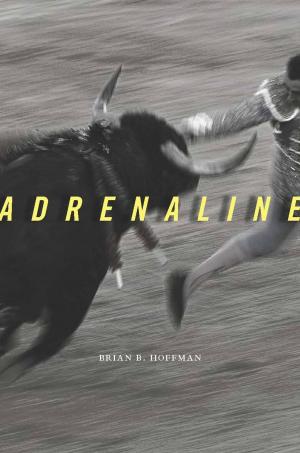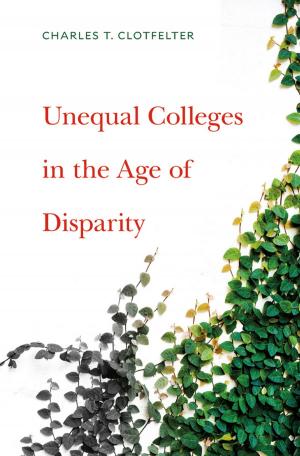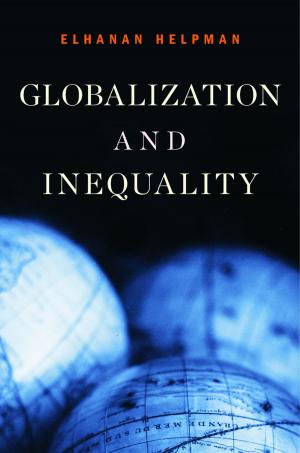Justice for Hedgehogs
Nonfiction, Religion & Spirituality, Philosophy, Political, Ethics & Moral Philosophy| Author: | Ronald Dworkin | ISBN: | 9780674071964 |
| Publisher: | Harvard University Press | Publication: | May 3, 2011 |
| Imprint: | Harvard University Press | Language: | English |
| Author: | Ronald Dworkin |
| ISBN: | 9780674071964 |
| Publisher: | Harvard University Press |
| Publication: | May 3, 2011 |
| Imprint: | Harvard University Press |
| Language: | English |
In Dworkin’s master work, the central thesis is that all areas of value depend on one another. This is one, big thing that the hedgehog knows, in contrast to the fox, who knows many little things. Dworkin’s understanding of the relationship—between ethics, morality, and political morality—is significantly revised and also greatly elaborated. He argues that “dignity” is the essential core of living well and that a satisfactory account of dignity would, in turn, point to two principles. The first states that it is objectively important that each person’s life go well; and the second that each person has a special responsibility for identifying what counts as success in his or her own life. Dworkin believes that values cohere and that in order to defend that coherence he has to take up a broad variety of philosophical issues that are not normally treated in one book. He discusses the metaphysics of value, the character of truth, the nature of interpretation, the conditions of agreement and disagreement, the phenomenon of moral responsibility and the problem of free will as well as more substantive issues of ethical, moral and legal theory.
In Dworkin’s master work, the central thesis is that all areas of value depend on one another. This is one, big thing that the hedgehog knows, in contrast to the fox, who knows many little things. Dworkin’s understanding of the relationship—between ethics, morality, and political morality—is significantly revised and also greatly elaborated. He argues that “dignity” is the essential core of living well and that a satisfactory account of dignity would, in turn, point to two principles. The first states that it is objectively important that each person’s life go well; and the second that each person has a special responsibility for identifying what counts as success in his or her own life. Dworkin believes that values cohere and that in order to defend that coherence he has to take up a broad variety of philosophical issues that are not normally treated in one book. He discusses the metaphysics of value, the character of truth, the nature of interpretation, the conditions of agreement and disagreement, the phenomenon of moral responsibility and the problem of free will as well as more substantive issues of ethical, moral and legal theory.















